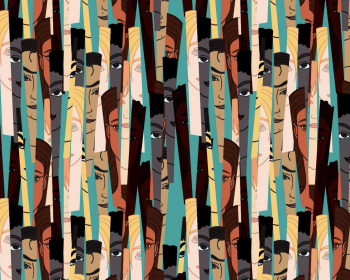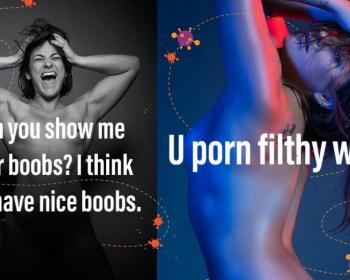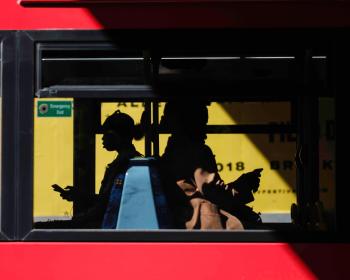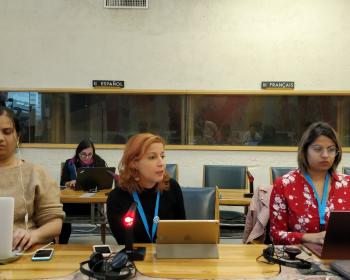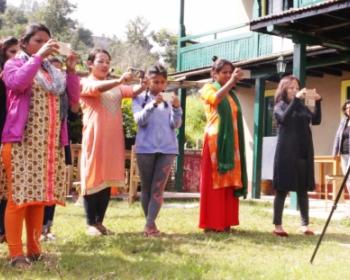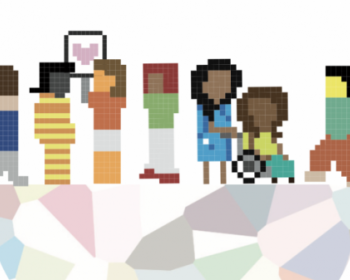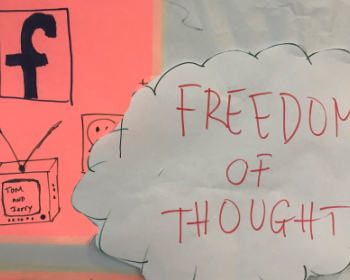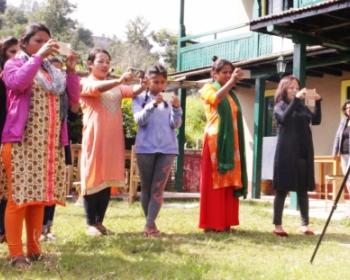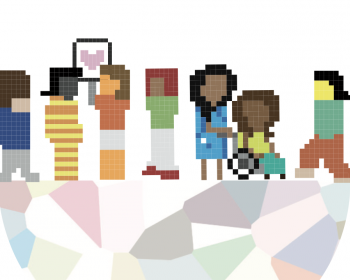sexual rights
When countries invoke peripheral laws such as pharmaceutical violations or conscientious objection clauses as justification for blocking, restricting, or limiting abortion access, they are invariably creating additional barriers, not upholding legal integrity.
Kate Sim is a DPhil student at the Oxford Internet Institute researching the datafication and automation of sexual harassment reporting systems in US higher education. In this interview with Deep Dives, Kate talks about her research on sexual harassment, digital technologies and big data.
Globally there has been a recorded surge of domestic violence against women especially, but has there been an increase in violence online? Morgan Barbour shares how she has dealt with increased violence and harassment online since the lockdown began, and how it is now part of her art.
This submission highlights the impact of the policies and practices of internet intermediaries on the ability of women and LGBTIQ communities to access, shape and use ICTs, in the context of the full realisation of their human rights. It focuses on two thematic areas: online GBV and sexual rights.
The Dynamic Coalition on Gender and Internet Governance was a unique panel at the 2018 IGF, not only because it was one of the few to have full focus on gender rights, but also because it was a participatory session with presentations from panellists and also engagement by the majority of audience members present.
This GenderIT.org edition is an exploration of the multiple layers of the relationship between sexuality, rights and sexual expression and the internet. Does it open up new avenues for expression, or does it expose people to more variations of the violence that we face onground/offline?
To assess the scope of this impact on sexual rights advocacy the EROTICS team designed and applied a global survey to map how sexual rights activists use the internet to advance their work, and to document and provide insights on the types of risks, harassment, content regulation, or censorship they deal with, and how they respond to them.
As part of the EROTICS research, the Women's Media Collective, Sri Lanka did research on human rights of Sri Lanka lesbian, gay, bisexual, transgender, intersex and queer and on the uses of online space by lesbian women. In this interview by Shubha Kayastha, WMC talks about their process and recommendations.
This GenderIT.org edition is an exploration of the multiple layers of the relationship between sexuality, rights and sexual expression and the internet. Does it open up new avenues and forums for expression, or does it expose people to more variations of the violence, abuse and harassment that we face onground/offline? And is this even a question to ask, since it is now inevitable that we are a...
To assess the scope of this impact on sexual rights advocacy, the EROTICS team designed and applied a global survey with two primary objectives. One was to map how sexual rights activists (on a variety of issues and from different countries) use the internet to advance their work. The other objective was to document and provide insights on the types of risks, harassment, content regulation or c...

Association for Progressive Communications (APC) 2022
Unless otherwise stated, content on the APC website is licensed under Creative Commons Attribution 4.0 International (CC BY 4.0)




